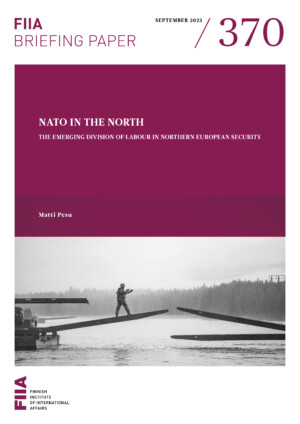The Russian war of aggression has rendered Northern Europe an increasingly significant region for Euro-Atlantic security. A stable and secure Northern Europe is a critical precondition for a safe and stable Euro-Atlantic region.
The alliance should treat Northern Europe as a strategic whole although the different subareas of Northern Europe have their distinctive security dynamics and concerns.
NATO is currently improving its deterrence and defence posture. It is simultaneously shifting its military strategy from a model of deterrence by reinforcement to one of deterrence by denial.
NATO’s evolving posture and strategy in Northern Europe should be underpinned by a more explicit division of labour. The regional allies and stakeholders can be divided into four categories in terms of their role in regional security: frontline nations, hubs, security providers and the ultimate security guarantor.
The regional frontline nations include the Baltic states, Finland and Poland, which can also play a role as hubs and even security providers along with the United Kingdom and Germany. Denmark, Sweden and Norway are first and foremost hubs. The United States remains the ultimate security guarantor of the area.


